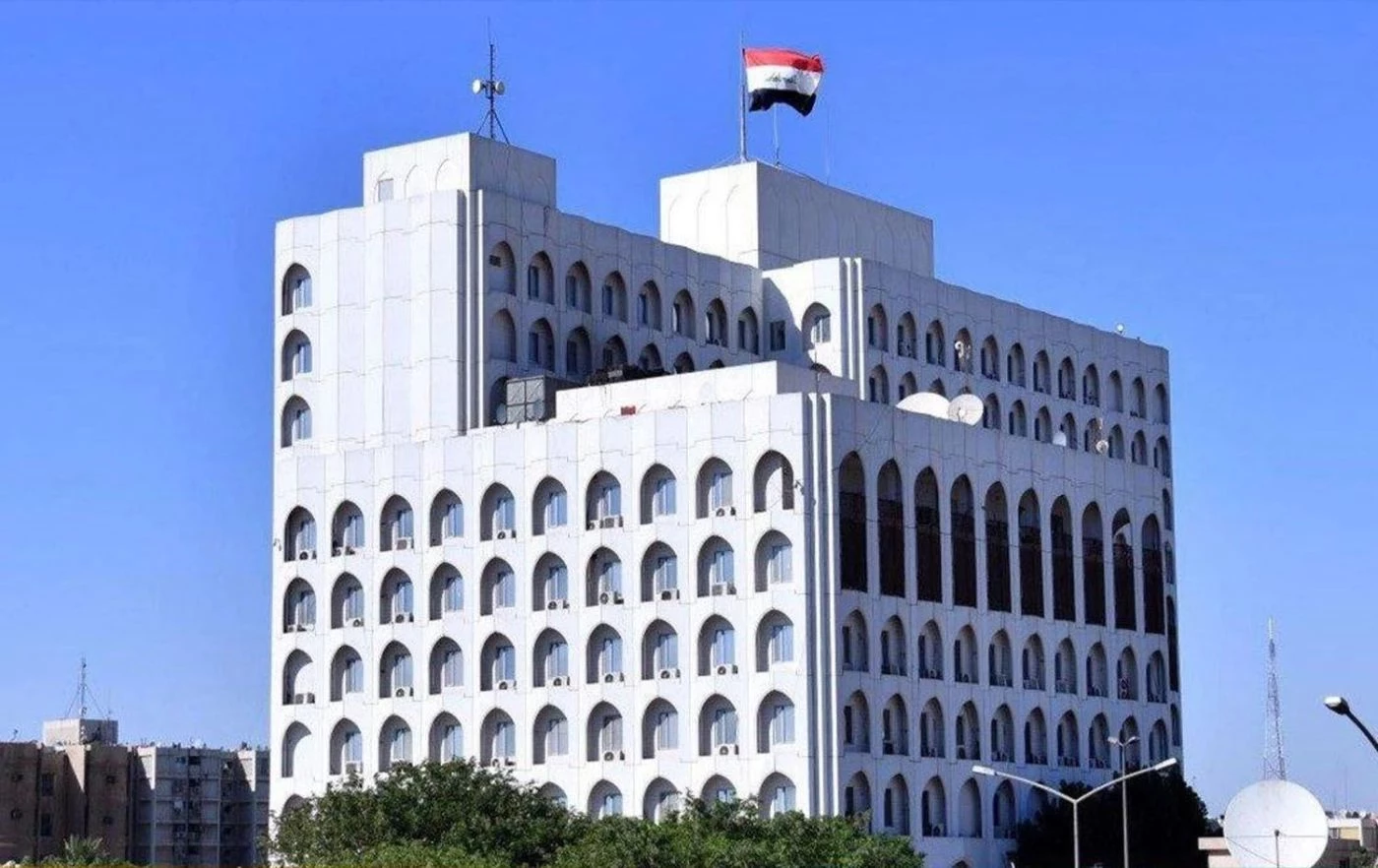ERBIL, Kurdistan Region of Iraq – The Iraqi foreign ministry on Tuesday welcomed a ceasefire reached between Iran and Israel, after a 12-day military skirmish between the two regional foes saw the death of hundreds and wounded thousands more.
The ceasefire was first announced unilaterally by Trump on his Truth Social platform, where he detailed that the ending of hostilities would follow a staggered timeline whereby Iran would start the ceasefire six hours after the announcement, Israel would follow at twelve hours, and finally, an official truce at 24 hours.
The US president then wrote on Tuesday morning that “THE CEASEFIRE IS NOW IN EFFECT. PLEASE DO NOT VIOLATE IT!”
Iranian state media has reported that Tehran has agreed to the truce, with the office of Israeli Prime Minister Benjamin Netanyahu also confirming that Tel Aviv would also cease its strikes “in light of achieving the objectives" of its campaign, adding that it will “react with force” to any violation.
The Iraqi foreign ministry welcomed in a statement “the US initiative that led to a ceasefire agreement between the Islamic Republic of Iran and the Israeli entity,” hailing it as “a step that represents a positive development toward de-escalation and enhancing stability in the region.”
“The ministry stresses the need for full commitment to implementing the ceasefire, given its critical importance in calming the situation and providing a suitable environment for the resumption of dialogue and negotiations,” the statement added.
Similar to Iraq, scores of other regional and international countries have also voiced their contentment with the truce, with Turkey, Russia, Germany and the Netherlands all welcoming the ceasefire, in addition to the Kurdistan Region, whose President Nechirvan Barzani said in an X post, “I welcome President [Donald Trump’s] announcement of Iran-Israel ceasefire.”
The Iraqi foreign ministry also commended the “diplomatic and mediation efforts” of Qatar, “which contributed to reaching the ceasefire agreement, reflecting its role in supporting regional stability.”


 Facebook
Facebook
 LinkedIn
LinkedIn
 Telegram
Telegram
 X
X



